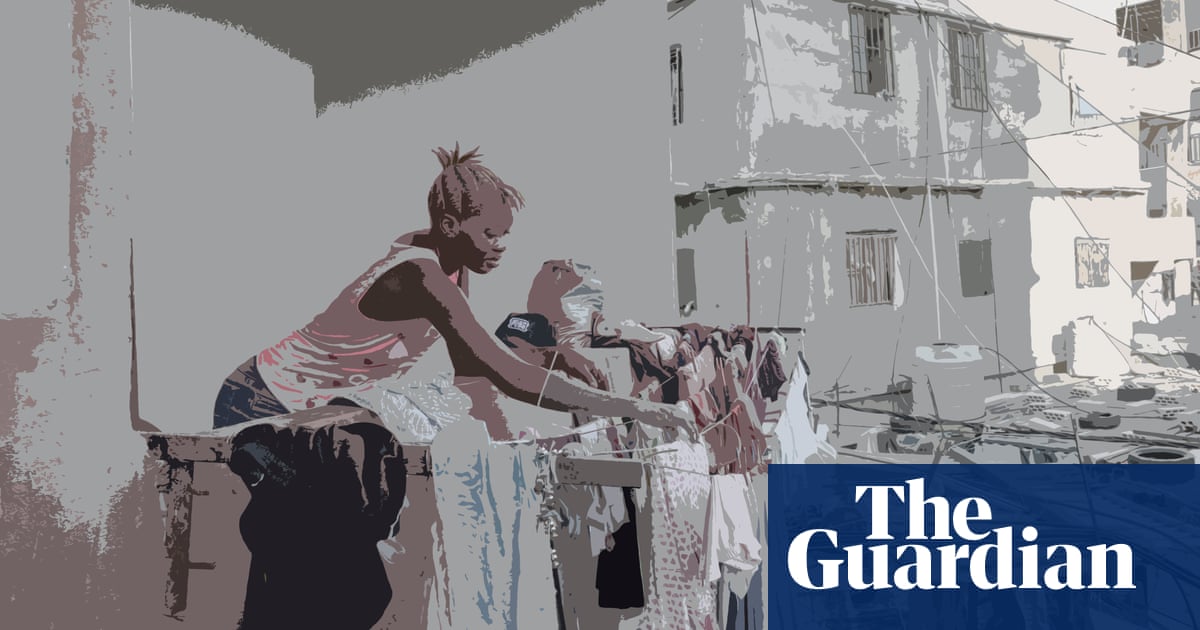Condemned as dangerous and abusive, the kafala labour system not only disregards migrant workers’ rights but depends on exploitation. But 10 years after Qatar was advised by the UN to abolish kafala (“sponsorship”) entirely and replace it with a regulated labour network, the system is thriving across Lebanon, Jordan and the Gulf states – with the region’s most vulnerable migrants hidden behind closed doors.
Over two years, the Guardian spoke to 50 women who are or were domestic workers in the United Arab Emirates, Saudi Arabia, Kuwait, Oman, Qatar or Jordan. Their testimony reveals a section of society operating under appalling conditions facilitated by the state’s employment apparatus.
Female domestic workers, generally excluded from labour protection laws by working in private homes, are heavily dependent on their employers.
Even in states where kafala laws have been amended or reformed, as in Qatar after the 2014 UN report, little has changed and women report conditions that experts say amount to forced labour.
All of the women interviewed worked seven day weeks and had passports confiscated by their employer. Many reported being subjected to violence and sexual abuse. Most had to pay recruitment fees to get their jobs.



The article said that migrant people pay to work for these families. Why would they not be allowed to leave when they please and why would their employer be allowed to keep their passport? I’m so confused. There is some serious poverty around the world to voluntarily do this.
Many of the victims are from poorer regions of the world. They end up in slavery after being cheated by recruitment agencies, who take money from them by offering a well paying job abroad (unskilled, but better pay than in their own country). Most people don’t even realize what they are paying for.
While the recruiters are truly villainous, the countries with the kafala system are no better. They know that the workers they get are victims of financial fraud and human trafficking. They still keep quiet and tolerate these criminals. They know that people won’t choose slavery voluntarily.
sounds like ending kafala is a long term goal, but it’s easier and quicker to go after these criminal agencies.
You can’t simply go after the agencies because the states themselves allow it. All of the wealthy playgrounds for the rich in the middle east, all the fancy buildings, all of them used abused and exploited labor. Qatar sent bags of cash to bribe EU polits like Ava Kaili as part of their sportswashing of their crimes.
yeah not saying to only do that, but should be doing that in the short term if they’re not already.
“There is some serious poverty around the world to voluntarily do this.” Yes, it’s sickening and saddening and all too true. But exploitation of people is very much alive today.
always has been and always will be unfortunately